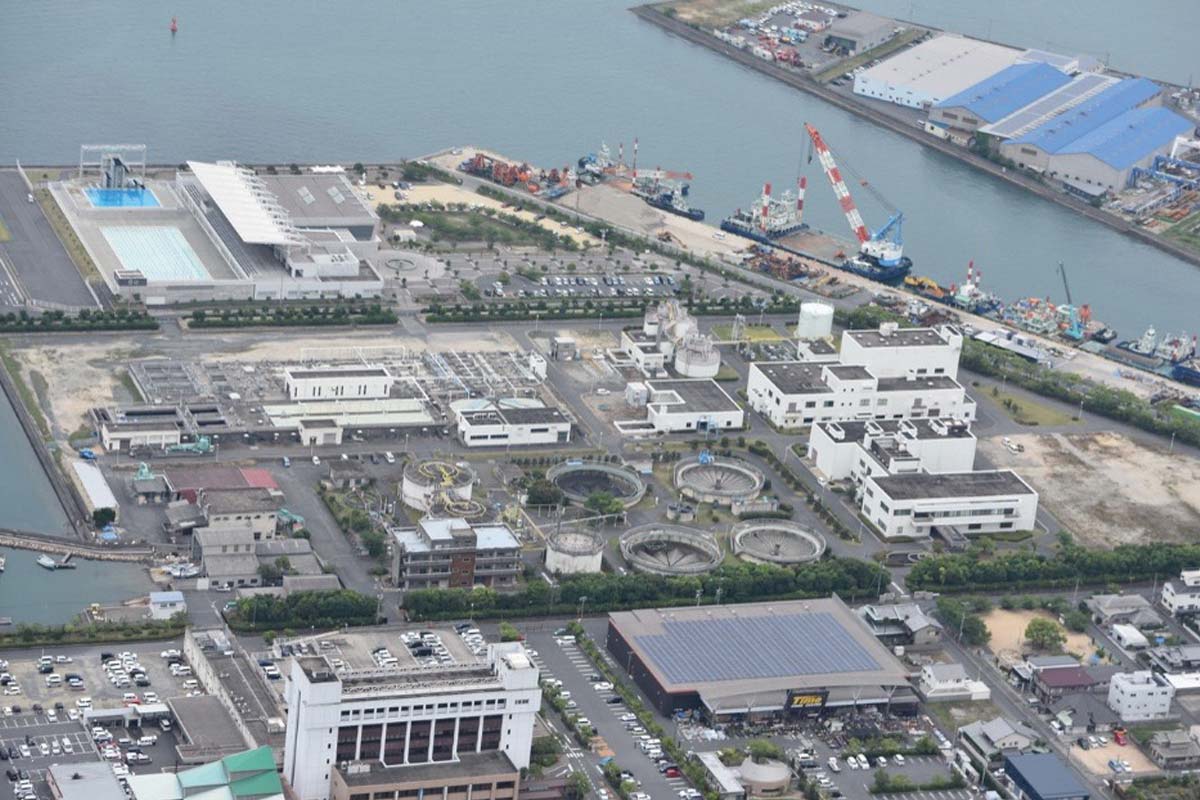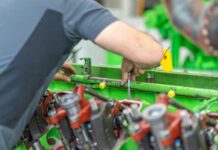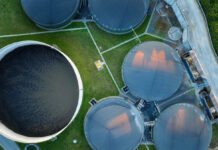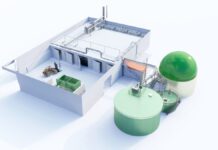A novel biogas purification system is currently under trial in the Japanese city of Kurashiki.
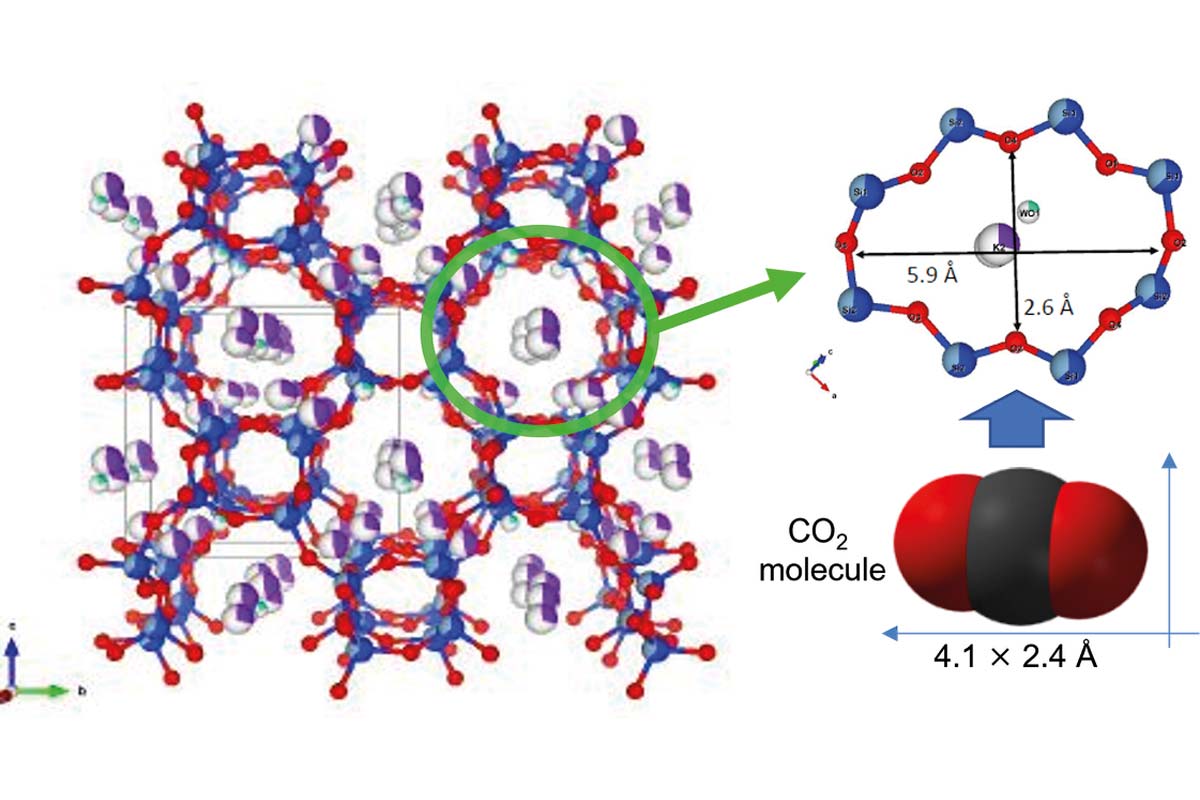
Technology firm Asahi Kasei announced the trial in September, which will evaluate the performance of a biogas purification system at a sewage treatment plant in the city.
The system refines high-purity methane gas (biomethane) by removing CO2 from biogas utilizing the company’s recently developed adsorbent, K-GIS zeolite, which selectively adsorbs CO2. Unlike conventional adsorbents which adsorb methane together with CO2, K-GIS zeolite adsorbs almost no methane. This allows the system to efficiently separate and recover high-purity methane while recovering high-purity CO2.
Biogas from sewage sludge, garbage, and similar sources consists of approximately 60% methane and 40% CO2. While the use of biogas as a carbon-neutral fuel is rapidly expanding, it is also used as a substitute for natural gas in Europe and the US.
The trial will use biogas derived from sewage sludge at the Kojima Sewage Treatment Plant.
One possibility being explored at the site is the combination of biomethane production with carbon capture and utilization or storage (CCUS), realizing a setup that will be carbon negative, according to the firm.
Asahi Kasei will design, install, and operate the system, and says commercialization is expected in 2025 or 2026 following additional trials in countries or regions where biogas purification is performed.
The technology will also be applied to CO2 separation and recovery from gases other than biogas.
